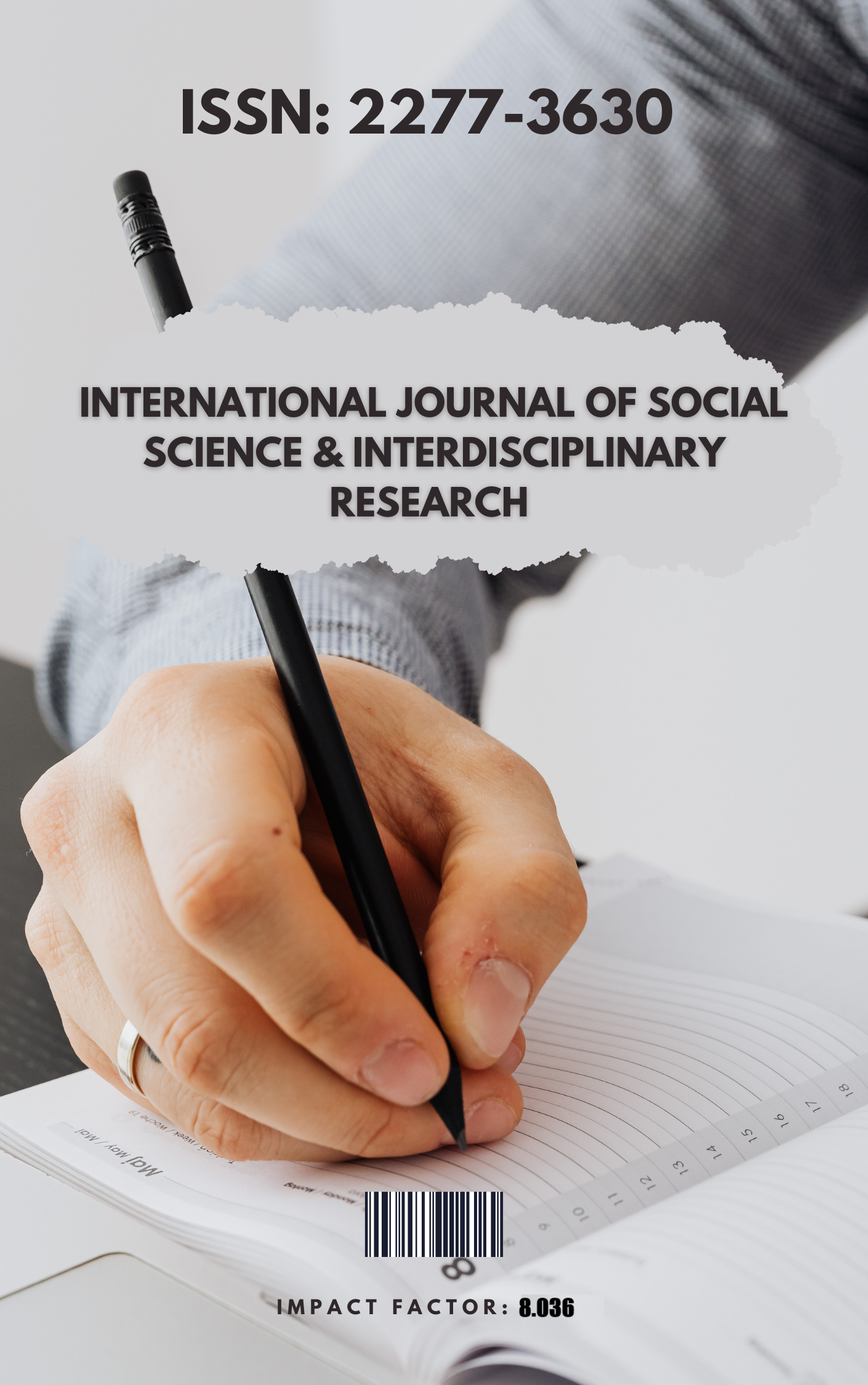THE UNIVERSALS OF POETIC TRANSLATION: A STUDY BASED ON UZBEK TRANSLATIONS OF ENGLISH POETRY FROM THE 20TH CENTURY
Keywords:
poetic translation, translation universals, Uzbek literature, English poetry, 20th century, stylistic equivalence, cultural transfer.Abstract
This article investigates the universals of poetic translation through the lens of 20th-century English poetry translated into Uzbek. By examining over 120 translated poems by prominent English-language poets such as W. B. Yeats, T. S. Eliot, Sylvia Plath, and Robert Frost, and their Uzbek renditions by major Uzbek translators, this study identifies recurring translation strategies and the underlying linguistic, cultural, and stylistic transformations. A combination of comparative stylistics, corpus linguistics, and qualitative discourse analysis is applied. Findings reveal that poetic translation often conforms to universals such as explicitation, simplification, and stylistic leveling, while cultural nuances and prosodic forms are domesticated to align with Uzbek literary aesthetics.
References
M. Baker, Corpus Linguistics and Translation Studies: Implications and Applications, Routledge, 1993.
G. Toury, Descriptive Translation Studies and Beyond, Amsterdam: John Benjamins, 1995.
A. Chesterman, Memes of Translation: The Spread of Ideas in Translation Theory, Amsterdam: John Benjamins, 2004.
S. Laviosa, “Corpus-based Translation Studies: Where does it come from? Where is it going?,” Studies in Corpus Linguistics, vol. 10, pp. 45–56, 2002.
L. Venuti, The Translator's Invisibility: A History of Translation, 2nd ed., London: Routledge, 2008.
S. Bassnett, Translation Studies, 4th ed., London: Routledge, 2013.
S. Plakhotnik, “Cultural Substitution in the Translation of English Metaphors,” Translation Studies Review, vol. 9, no. 2, pp. 44–60, 2015.
H. Nida and C. Taber, The Theory and Practice of Translation, Leiden: Brill, 1969.
W. Koller, “Equivalence in Translation Theory,” in Readings in Translation Theory, Tübingen: Narr, 1995, pp. 191–211.
B. Hatim and I. Mason, Discourse and the Translator, London: Longman, 1990.
E. Gentzler, Contemporary Translation Theories, 2nd ed., Clevedon: Multilingual Matters, 2001.
A. Pym, Exploring Translation Theories, 2nd ed., London: Routledge, 2014.
U. Kadyrov, Tarjimonlik san’ati va poetik tafakkur, Tashkent: Fan, 2011.
R. Mamatqulov, “O‘zbek tarjimachilik maktabi: tarix va istiqbol,” Filologiya masalalari, vol. 2, pp. 55–64, 2018.
Uzbekistan Academy of Sciences, Tarjima va adabiy jarayon statistikasi 1960–2020, Tashkent: Fan, 2021.
A. Lefevere, Translation, Rewriting, and the Manipulation of Literary Fame, London: Routledge, 1992.
C. Nord, Text Analysis in Translation: Theory, Methodology, and Didactic Application of a Model for Translation-Oriented Text Analysis, Amsterdam: Rodopi, 2005.
R. Jakobson, “On Linguistic Aspects of Translation,” in Selected Writings, vol. 2, The Hague: Mouton, 1971, pp. 260–266.
D. Robinson, Becoming a Translator: An Introduction to the Theory and Practice of Translation, 3rd ed., London: Routledge, 2012.
UNESCO, “Language Data and Artificial Intelligence: The Role of Low-Resource Languages,” UNESCO Policy Report, 2022.
Downloads
Published
How to Cite
Issue
Section
License
Copyright (c) 2025 GEJournals

This work is licensed under a Creative Commons Attribution-NonCommercial-NoDerivatives 4.0 International License.





